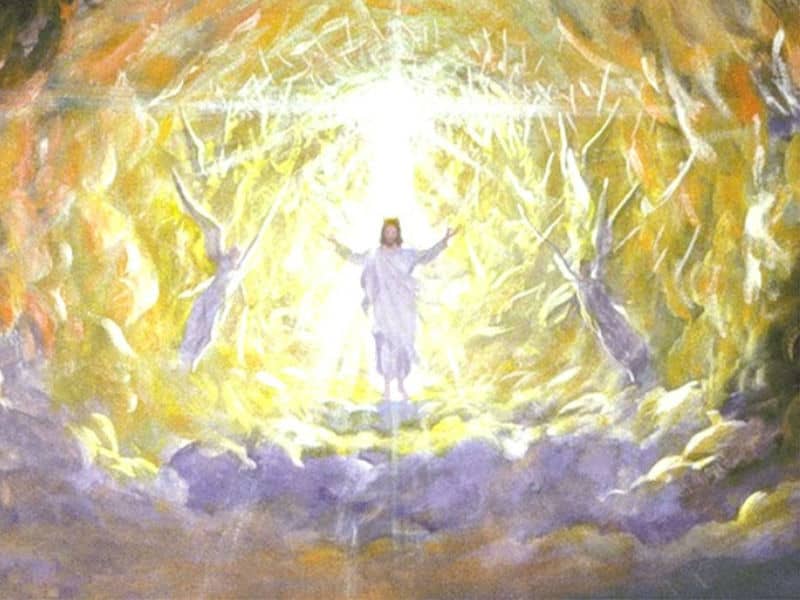While I am not especially interested in finding hidden meanings in the plots, I am interested in the larger meaning of "The X-Files" phenomenon. So I took special note when an author of an article I read recently argued that "The X-Files" series is a manifestation of a far-reaching intellectual crisis in contemporary life. He saw Mulder and Scully as guided by two basic principles that have a formative influence in contemporary life: "Trust no one" and "The truth is out there."
According to the author, people believe the truth exists, but because they don't know whom to trust, they despair of finding it.
I agree that the adventures of Scully and Mulder can be seen as a parable about what it means to make our way through the confusions of contemporary life. And I also agree, in part at least, that we are witnessing fundamental struggles over trust and truth. One characteristic of the thinking labeled "post-modern" these days is a mood of suspicion about things that people have long taken for granted. The folks who want us to "deconstruct" our beliefs and values are often distrustful of reality. Some of them even seem to take delight in promoting an attitude of skepticism about every kind of authority--family, religious, political, moral. And this attitude spills over quickly into popular culture.
There is an amazing fit between the views of some of the more nihilistic intellectuals of our time and the attitudes associated with the likes of Howard Stern, Marilyn Manson, and Bart Simpson.
But skepticism isn't the only characteristic of our culture. Many people seem capable of believing just about anything. They accept bizarre reports as true. They follow manipulative gurus. They fall for ancient superstitions that have been repackaged for contemporary consumption. Indeed, "The X-Files" series itself promotes this attitude. The stories encourage us to believe in the same sorts of things that are announced in tabloid headlines.
It isn't enough, then, to worry about a culture of distrust. We must also take into account a widespread vulnerability to deception. The deeper problem, of which both suspicion and gullibility are manifestations, is an underlying confusion about matters of trusting and truth. And this is not just a recent problem. It is a dilemma with a long history. Indeed, the ancient story of Adam and Eve and the Serpent in the Garden is itself a drama about whom to trust and where to find the truth.
My remedy for the confusion is also an ancient one: Trust the God who revealed himself in the Bible. The capacity to trust is at the heart of who we are as human beings. And we will find security in our lives only if we trust God. To put our ultimate trust in anything else--some human authority figure or our own capacity to think or feel our way to the truth--is what the Bible labels as idolatry. Trusting in idols, including our contemporary idols, will only lead to despair.
Because I have embraced the ancient remedy offered in the Bible, I have some sympathy with the two "X-Files" principles. I don't want to give my ultimate trust to anyone but God. And I do believe that the truth is out there, because I have encountered in the Bible a living Savior who says, "I am the Way, the Truth, and the Life."
How should I apply these convictions about trust and truth to contemporary confusions and searchings? I don't pretend it is easy. As a Christian who reads the Bible as the trustworthy guide to living in a complex world, I know that I still need to wrestle with difficult questions.
But I have some clear reference points I can trust. And I can make the effort with confidence, because I know that the Truth is out there.

